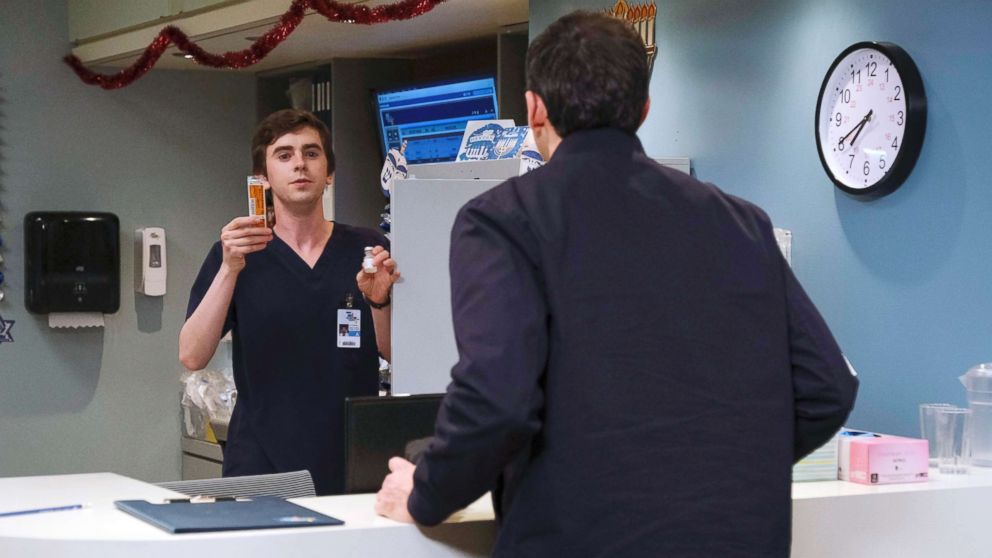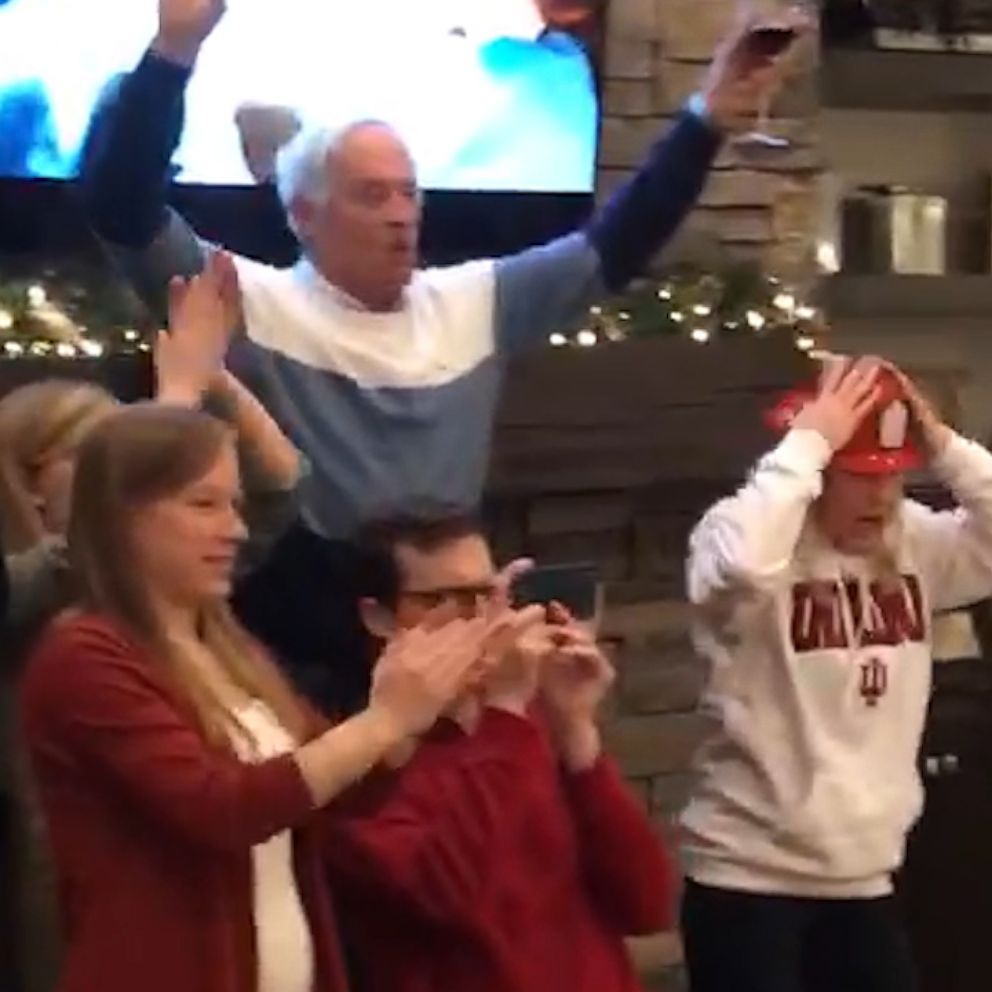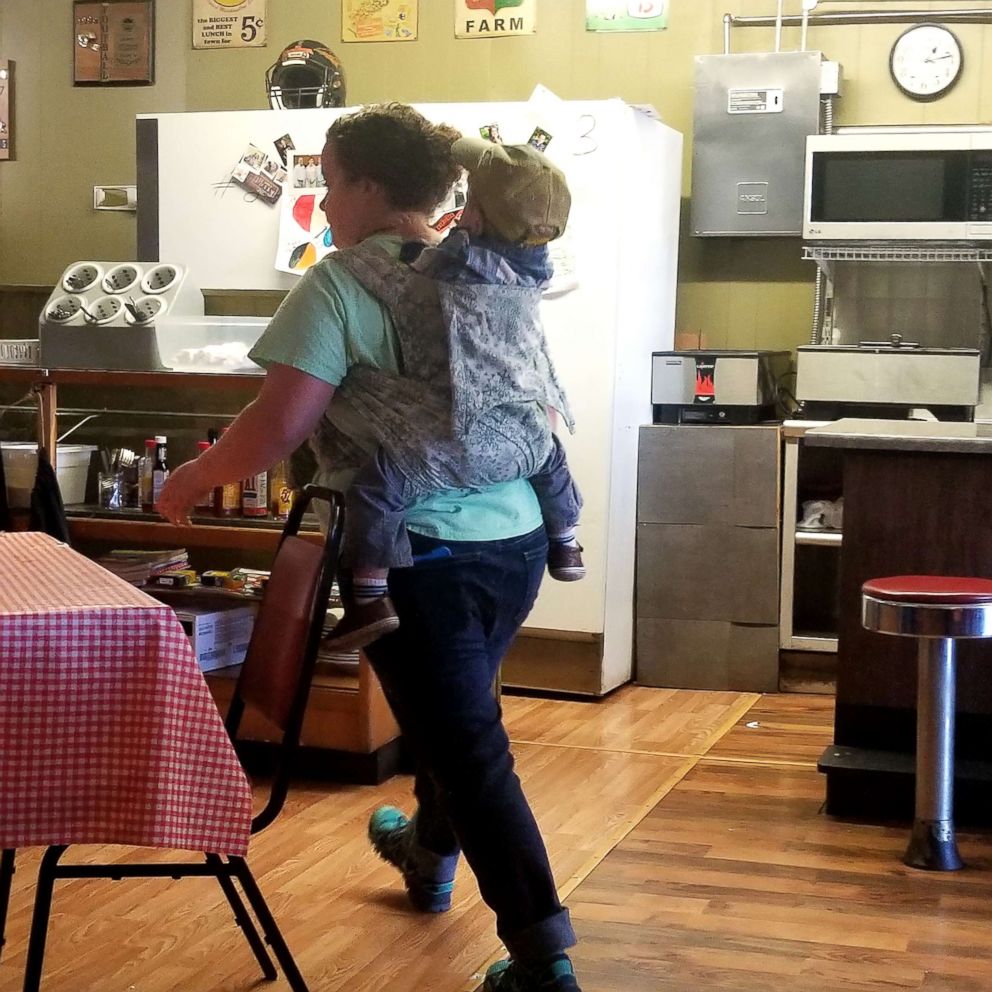'Other,' and the power of 'The Good Doctor'
Human nature dictates we often evade that which is different from what we know.

(Editor's note: Melissa Reiner, M.Ed is the autism consultant and adviser for the ABC television show, "The Good Doctor." She is considered one of the top autism and behavioral consultants by leading pediatric neurologists and developmental pediatricians in Los Angeles and Orange counties.
Melissa works with the families of some of Hollywood's top actors, directors, producers and executives. As a certified RDI consultant with a master’s degree in special education, she founded Bridging Pathways–Autism and Behavioral Consulting in Los Angeles to equip and empower families and individuals with the tools and techniques they need to overcome social, emotional and behavioral challenges. Reiner also consults with schools and businesses, promoting a "shift in communication style" to improve behavior and enjoy more connected relationships.)
Human nature dictates that we often evade that which is different from what we know. But if we know how little we actually know, it might help us to check ourselves, so that when that experience emerges, we have enough perspective to forge ahead and risk discovery of other. "The Good Doctor" helps to pave the way for that dialogue to begin.
Early in my career, I was working with a family who had a child with a diagnosis of autism. We were out at a hardware store together. The man helping us happened to have darker skin than this child did. The child asked the man, "Why is your skin so dark?"
The dad became mortified, apologizing, saying, "I’m so sorry. My son has autism."
I stepped in to say, "I don’t think there’s anything to apologize for. I think it’s a great question, and I happen to think that your question has a great answer. The answer is, because we are all different. I’m short, while your dad happens to be tall. Some people have light eyes, and some people have brown eyes. Some people are adults, and some people are children. And all people have different colored skin from one another. There are limitless variations of skin tone, and I love that you’re noticing some differences, and I wonder if you are able to notice some similarities between this young man and yourself."
He said, "We both have brown hair, and we are both boys."
I added, "And I think you’re both really knowledgeable, and I think you both seem like really kind people."
We are made uncomfortable by our differences, perhaps when we struggle to see our similarities.
I’m not here to espouse that we are all equal, we know that is a completely inaccurate assumption. But we absolutely do know that when we begin a dialogue with another human being, for better or for worse, we begin to uncover who that person is beyond any outward appearance, or in some instances, outward behavior. When we hear someone’s story, when we see someone for who they are, they become human. It may be impossible not to judge someone at first blush, it may even be our obligation to do so, to some degree. But, when we open up in even the smallest way, we open ourselves up to a discovery of who a person truly is.
Mainstream media can offer opportunities, for what is often referred to as the general population, to see that people, all people, have value. Parents of children who are considered to be developmentally neurotypical have the opportunity to shed light on a perspective that is seldom seen and understood, and "The Good Doctor" offers that opportunity in Freddie Highmore’s portrayal of Dr. Shaun Murphy. We fall in love with this person. We don’t fall in love with him because he’s a doctor, or because his savant syndrome gives him this cool ability to see solutions to challenging medical problems. We don’t even fall in love with him because he’s adorable. We fall in love with this person, who has autism, because he is a person, with foibles and strengths. We fall in love with all of who he is, and all of who he represents. We see that more often than not, Dr. Shaun Murphy encourages and inspires all the other ‘neurotypical’ folks on the show, and they end up learning from him and all that he has to offer.
Some people ask how "The Good Doctor" may affect those on the spectrum who are non-verbal, and may not have the same opportunity to become a doctor. My eldest son cannot tolerate the sight of blood, he goes woozy and nearly faints if he sees it. He, too, will likely never be a doctor. I don’t believe that we are only meant to be exposed to information or images of people precisely like us.
In fact, I think the more we are exposed to all that is extraordinary and fascinating about this world and all the unique people who live in it, the more we enter into awareness, thoughtfulness, and an extension of ourselves toward others, and other. Dr. Shaun Murphy is always learning and always growing; he teaches us the value of that in each episode. We are all privileged to be able to join with him as he embarks on that journey.
Seeing a doctor with a diagnosis of autism on mainstream media, who is living on his own, with a career few can aspire to, gives us hope, it gives us pause, it gives us a chance to see him triumph and it gives us a chance to see his humanity as a reflection of ourselves.





